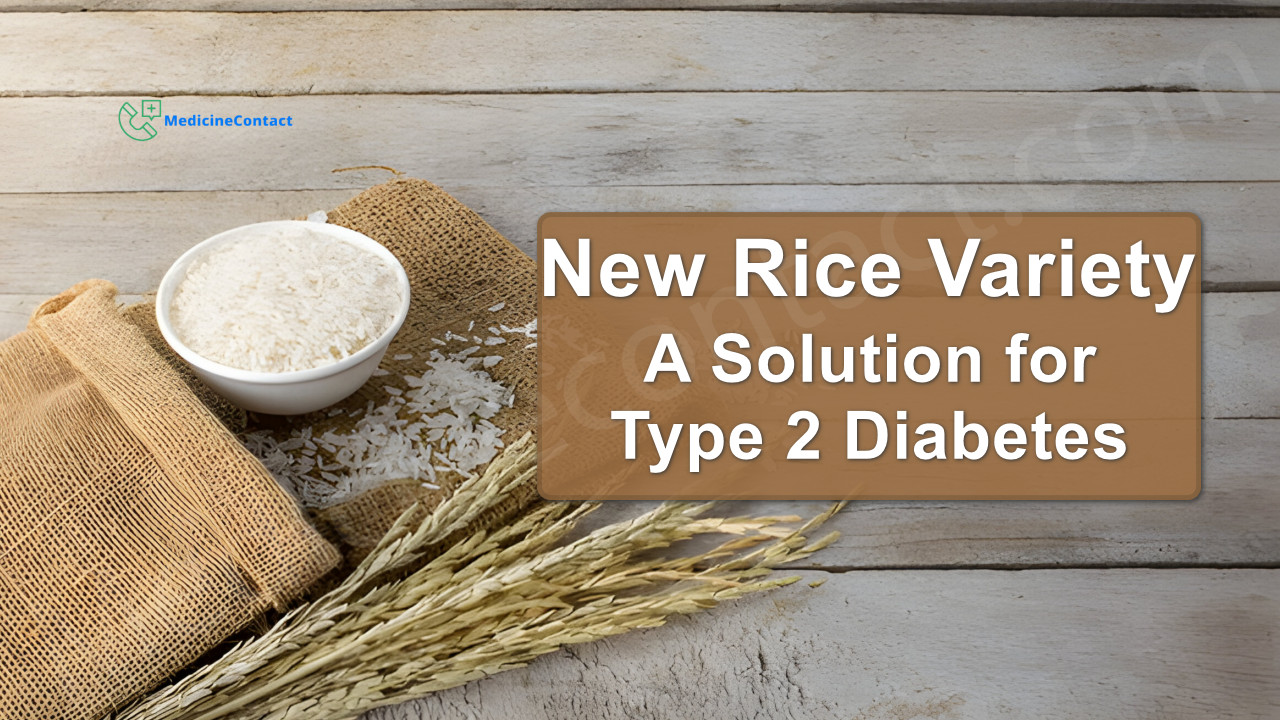
Understanding Probiotics and Diabetes
Probiotics are live microorganisms that, when consumed in adequate amounts, can provide health benefits to the host. These beneficial bacteria are found naturally in fermented foods such as yogurt, kefir, sauerkraut, and kimchi. Probiotics are believed to help maintain a healthy gut by balancing the microbiome – the complex community of microorganisms that live in the digestive tract.
Research has shown that people with diabetes often have an imbalance in their gut microbiome, which can contribute to inflammation and impaired glucose metabolism. By introducing probiotics into the diet, it may be possible to restore the balance of gut bacteria, reduce inflammation, and improve insulin sensitivity.
Probiotics and Blood Sugar Control
Several studies have investigated the potential effects of probiotics on blood sugar control in individuals with diabetes. While the results are not conclusive, some studies have shown promising findings:
Improved Glycemic Control
A meta-analysis of randomized controlled trials found that probiotic supplementation may help reduce fasting blood glucose levels and HbA1c (a measure of long-term blood sugar control) in individuals with type 2 diabetes.
Enhanced Insulin Sensitivity
Certain probiotic strains, such as Lactobacillus and Bifidobacterium, have been shown to improve insulin sensitivity in animal studies and small human trials. This suggests that probiotics may help the body use insulin more efficiently, reducing the risk of high blood sugar levels.
Reduced Inflammation
Chronic inflammation is a hallmark of diabetes and can contribute to various complications. Some studies have found that probiotic supplementation may help reduce inflammatory markers in individuals with diabetes, potentially reducing the risk of long-term complications.
The Best Probiotic Strains and Foods for Diabetes
While more research is needed to fully understand the potential benefits of probiotics for diabetes, some strains and foods have shown promise in preliminary studies:
Lactobacillus and Bifidobacterium Strains
These strains are commonly found in fermented dairy products such as yogurt and kefir. Studies have suggested that they may help improve insulin sensitivity, reduce inflammation, and support overall gut health.
Fermented Vegetables
Fermented vegetables like sauerkraut, kimchi, and pickles contain a variety of probiotic strains, including Lactobacillus plantarum and Lactobacillus brevis. These strains have been shown to improve gut health and may have anti-inflammatory effects.
Probiotic Supplements
For individuals who prefer a more targeted approach, probiotic supplements can be a convenient option. Look for supplements that contain a combination of Lactobacillus and Bifidobacterium strains, as these have been most extensively studied in relation to diabetes.
Incorporating Probiotics into Your Diet
If you're interested in adding probiotics to your diet for diabetes management, it's important to do so gradually and in consultation with your healthcare provider. Start by incorporating fermented foods like yogurt, kefir, sauerkraut, and kimchi into your meals. You can also consider taking a probiotic supplement, but choose one with a strain and dosage that has been studied in relation to diabetes.
Remember, probiotics are not a replacement for conventional diabetes treatment, such as medication, diet, and exercise. However, they may provide additional benefits by supporting gut health, reducing inflammation, and potentially improving blood sugar control.
Conclusion
While more research is needed to fully understand the role of probiotics in diabetes management, emerging evidence suggests that certain probiotic strains and fermented foods may offer potential benefits. By incorporating these into your diet, in conjunction with conventional diabetes treatment, you may be able to support your overall health and potentially improve blood sugar control.
FAQs
Can probiotics replace diabetes medication?
No, probiotics should not replace conventional diabetes medication. They may provide additional benefits when used alongside prescribed treatment, but they cannot replace medication, diet, and exercise recommendations from your healthcare provider.
Which probiotic strains are best for diabetes?
Lactobacillus and Bifidobacterium strains have been most extensively studied in relation to diabetes. Look for these strains in fermented foods or probiotic supplements.
How long does it take for probiotics to have an effect on blood sugar control?
The time it takes for probiotics to potentially impact blood sugar control can vary depending on the individual and the specific probiotic strain. Most studies have involved supplementation for at least 8-12 weeks to see potential benefits.
Can probiotics help prevent diabetes complications?
Some studies have suggested that probiotics may help reduce inflammation, which is a contributing factor to various diabetes complications. However, more research is needed to confirm if probiotics can directly help prevent or reduce the risk of complications.
Disclaimer: This article is for informational purposes only and does not constitute medical advice. Always consult with a healthcare professional before starting any new treatment regimen.




